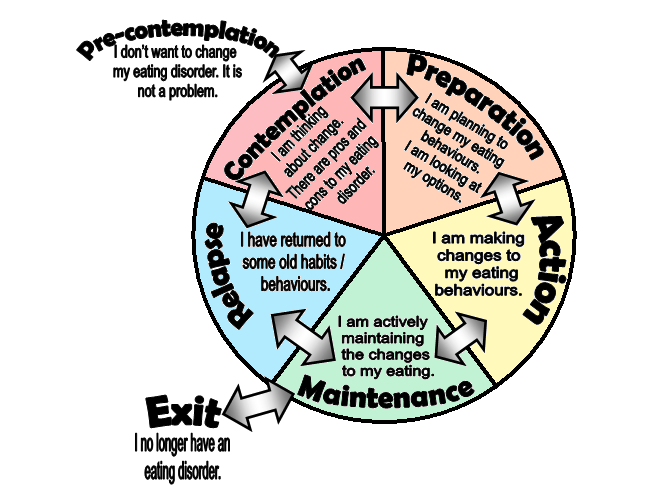Eating disorders have emerged as a pervasive public health crisis, requiring urgent and transformative discourse to effectuate meaningful change. These complex mental health conditions are not mere aberrations of adolescent angst; they can affect individuals across various demographics, leading to devastating physical and psychological ramifications. In addressing this critical issue, it becomes imperative to explore the various dimensions of eating disorders and the multifaceted call for change.
Firstly, the spectrum of eating disorders is vast and varied. Anorexia nervosa, bulimia nervosa, and binge-eating disorder are among the most recognized; however, other nuanced forms exist that often go unnoticed. Individuals grapple with atypical anorexia, orthorexia—the obsession with healthy eating—and many more. Each of these disorders presents unique challenges and symptoms, necessitating tailored interventions and support systems. By highlighting the diverse manifestations of these conditions, a broader understanding of eating disorders can emerge, enriching discussion and advocacy efforts.
Moreover, the cultural and societal factors entwined with the prevalence of eating disorders cannot be overstated. Social media has dramatically influenced body image and self-perception among individuals, particularly adolescents and young adults. A critical examination of the impact of online platforms and advertising can reveal harmful stereotypes and unrealistic ideals, exacerbating feelings of inadequacy and self-doubt. As stakeholders in media and public health, there lies a responsibility to cultivate a more inclusive narrative surrounding body diversity and mental health awareness.
Another pivotal aspect in the call for change is the recognition of access to treatment. Unfortunately, many individuals suffering from eating disorders remain undiagnosed and untreated due to stigma, lack of resources, or inadequate insurance coverage. Efforts to dismantle these barriers are essential; comprehensive mental health care must be accessible to all. Increasing funding for research and treatment programs and incorporating educational initiatives in schools can create a foundation for early intervention and support.
Additionally, the role of families in the healing process is crucial yet often overlooked. Educating family members about the nature of eating disorders can foster a supportive environment essential for recovery. Training programs and workshops can empower loved ones to approach the issue with empathy rather than judgment, facilitating open dialogues around mental health.
In conclusion, the path towards eradicating eating disorders is fraught with complexity yet is immensely important. It demands a concerted effort to elevate awareness, foster understanding, and cultivate compassion. The call for change transcends mere conversation—it is a clarion call to action, urging society to confront these challenges with tenacity and resolve. A united front across communities, policy-makers, and mental health professionals can catalyze the movement necessary to combat eating disorders and pave the way for healthier futures.
